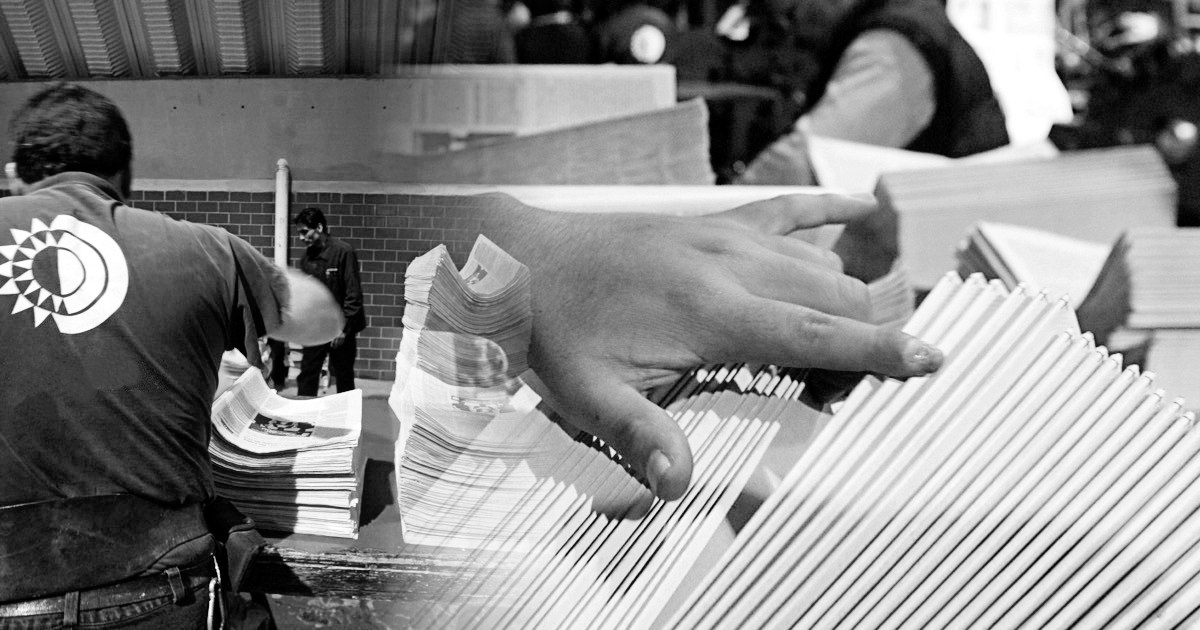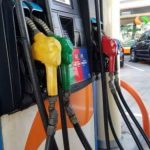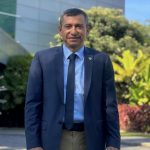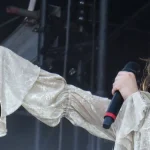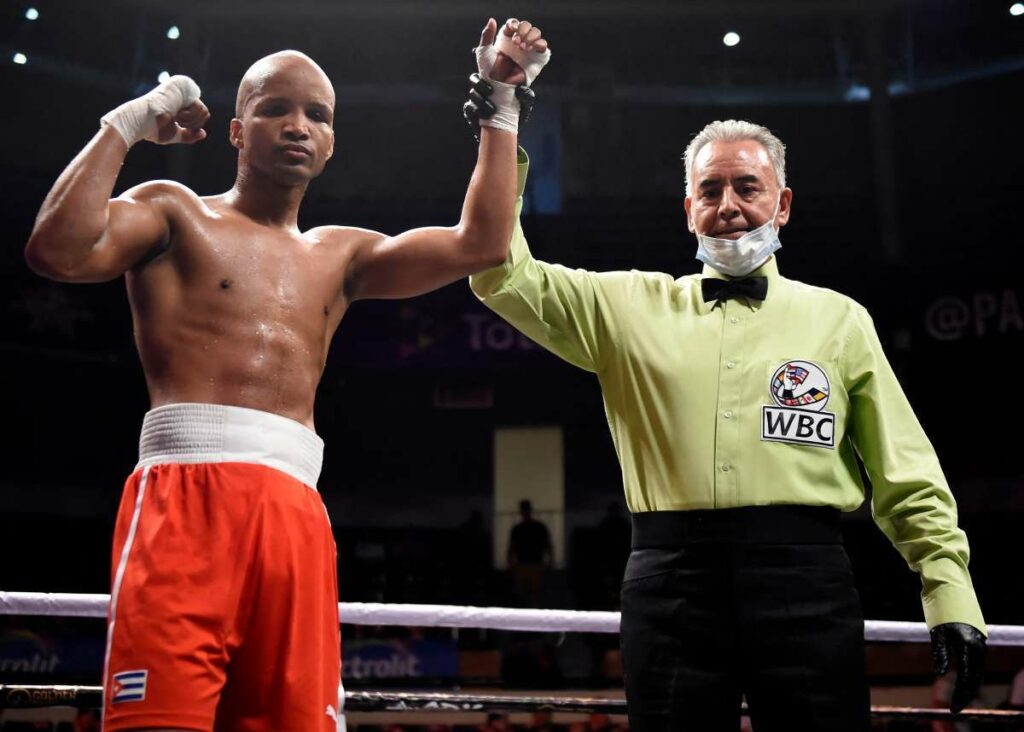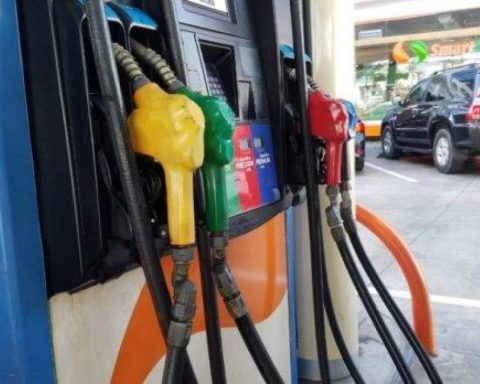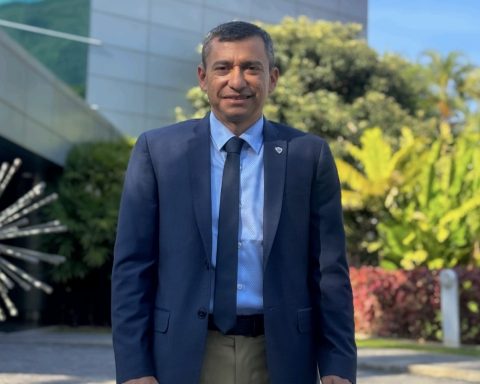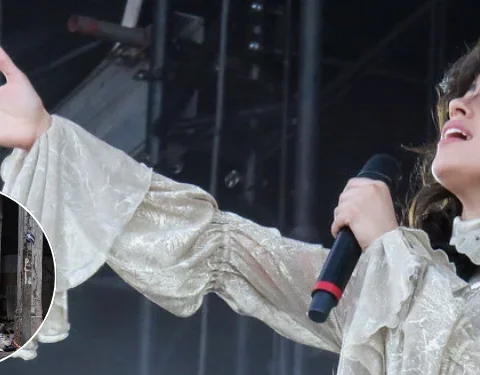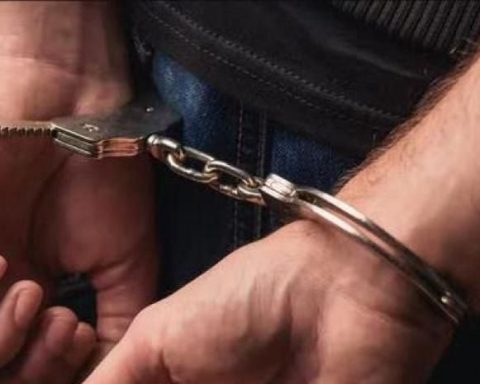h
ugo Rafael Chávez Frías won the 1998 presidential elections in Venezuela. His triumph aroused anguish: a rebellious soldier, expelled from the institution for revolting; Poor, a plainsman with indigenous and black blood, he reached the government of that important oil nation. The anxiety soon subsided. The powerful configuration of the Venezuelan state, which had survived the popular anti-neoliberal rebellion of 1989 and put down two attempted coups in 1992, would surely put it in order. But Chávez came out montuno.
Born in Barinas in 1954, his dream of being a baseball player led him to the Military Academy at the time of a nationalist military reform. In the army he experienced the deepest contradictions of his country. There was born his will to power. He prefigured various paths to conquer it. He thought about joining the guerrilla. Then, on February 4, 1992, he attempted a military insurrection. He failed and was jailed. His defeat, however, awakened in the town the dream that things could change. The social protest helped to get him out of prison. He returned to think of the armed struggle as the most effective way to access power. But he analyzed that the human cost would be very high. With the military element ever present, he redefined his strategy: he built a social-electoral movement to win the presidency. He recovered the patriotic and rebellious tradition in a political program that put the call for a constituent assembly for the refoundation of Venezuela at the center. His bet on the constituent path sought to procedurally expropriate the power of the powerful to give it to the people. The new Constitution was approved on December 15, 1999. It was just the beginning of the self-styled Bolivarian revolution.
Chávez broke the rules of the political game and connected with the rebellious ways of doing popular politics on the street. Aware that the political crisis was worsening with the changes in his government, he undertook to deepen the social polarization to strengthen the pole of the dominated, exploited and oppressed. He gave life to a new notion of homeland whose birthmark was, in April 2002, having defeated a coup d’état, orchestrated by the oligarchy and the United States, in less than 72 hours.
The thought of Simón Bolívar, together with that of Ezequiel Zamora and Simón Rodríguez, was the foundation of the cultural change directed from the power of the State. Based on hitherto invisible fibers, it made the creative powers of an underestimated people flourish due to the other side of the waste typical of the oil rentier dynamics. Along with Bolivarianism, popular Christianity nurtured the project. With the sharpening of the class struggle and the clash with imperialism, the revolution set out to travel its own path to 21st century socialism.
Chávez conceived that the reforms and the revolution were not necessarily antagonistic. He insisted on using the concentration of state power to disrupt it and build autonomous popular organization. Under this logic, he created the Bolivarian Circles and the Social Missions. He later bet on the creation of cooperatives. He also created the Bolivarian Militias. In his last years he abounded in radicalism with his proposal for community organization exposed in his speech rudder stroke
.
Chávez altered world geopolitics. Through PetroCaribe, he proposed breaking the dominance of the United States over the area. He was the architect of the defeat of the Free Trade Area of the Americas in 2005. With Cuba, he promoted a new form of relationship between countries through the Bolivarian Alternative for the Americas and favored the emergence of progressive governments in the region. He reactivated the Organization of the Petroleum Exporting Countries. He broke with the unipolarity of the European Union-United States through agreements with China, Russia, Iran, among others, to multi-focus politics. He rejected and condemned the war in the Middle East. He sympathized with all the struggles of the oppressed countries.
Condemned and misrepresented on a global scale for having clung to sharing power among the humblest, Chávez died on March 5, 2013, attacked by a ferocious cancer. His last public address, on December 8, 2012, became a kind of political testament. In it he ordered the key actors of the revolution to take care of the homeland “Because we are revolutionaries, we are socialists, we are human […] but in essence patriotic”. The imperial powers will never forgive the montuno. Today they are waging a war against Venezuela in their efforts to liquidate the legacy of that irreverent commoner. However, he continues to walk through those lands in a project that millions of patriots support.
*Philosopher
